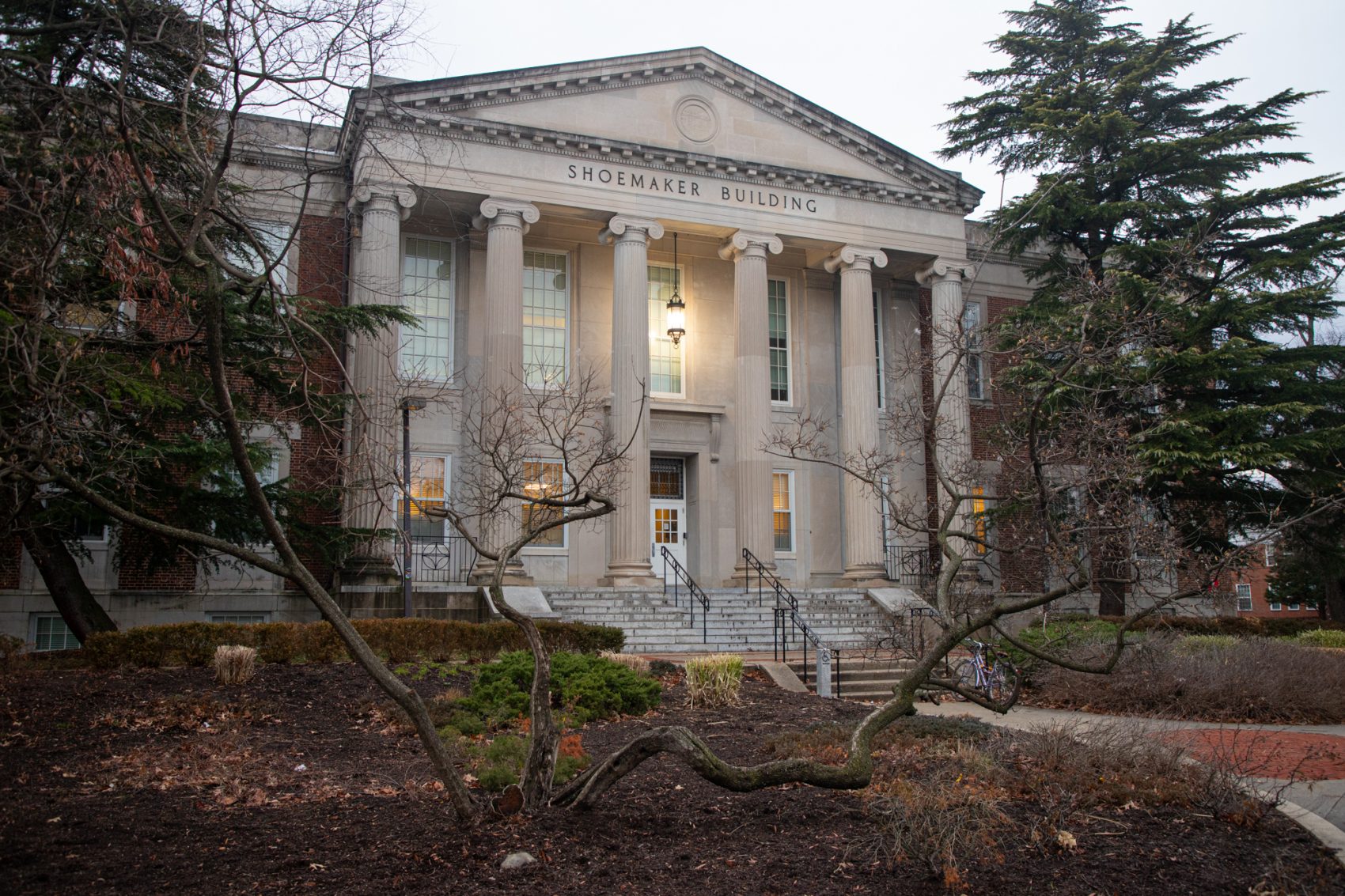Views expressed in opinion columns are the author’s own.
Nationwide, students are finding themselves in greater need of mental health care. Whether they’re experiencing pandemic-related anxiety or depression from social isolation, it’s no secret that students’ mental health is at risk. A staggering 56 percent of students ranked themselves as being “moderately,” “very” or “extremely” worried about their mental health during the pandemic in a recent survey. And with the increase in demand for mental health care, it has become challenging to find a therapist or counselor with availability.
Students are very clearly suffering — and finally, the University of Maryland is helping. From Oct. 5 to Oct. 9, the Counseling Center hosted various programming events for Mental Health Awareness Week, an initiative that aimed to improve mental wellness among students.
With the added stress of a global pandemic and a virtual, doubly confusing midterm season, this week could not have come at a better time.
Although the Counseling Center usually plans in-person events during this week, almost the entire 2020 event schedule was conducted virtually. The Counseling Center held at least one virtual event each day of the week to address community concerns and help students navigate their mental health, while also providing valuable resources.
On Oct. 5, the center, together with the Black Student Union, hosted a virtual event, “Black Mental Health Matters,” to address the effects of racial injustice and overall racial trauma on mental health. The Counseling Center aimed to give students a platform to start a conversation while also working to identify coping strategies.
During the 2019 Mental Health Awareness Week, the Counseling Center had only one event tailored specifically toward communities of color. Black mental health was not covered on its own. To see the university address the issues and concerns that a great deal of students face today is promising — student voices are being heard and, finally, a much-awaited resource was extended to those who are arguably most in need.
Similarly, the Counseling Center teamed up with Hillel to discuss how social distancing affects mental health in relation to faith and what students can do to cope.
Perhaps one of the most universally important events was the depression screening. This event was open to all students and offered a one-on-one discussion of results with a counselor. Students were then directed to other resources and learned coping strategies alongside a trained professional. At a time when mental health resources are becoming harder to access, depression screening can make all the difference in the world to the struggling student.
Overall, the week’s events aimed to bring genuine help and resources to students, whether they are struggling with their own mental health or just want to learn more about mental well-being in general.
Free and accessible events should not be confined to a single week in October. College students struggle with their mental health year-round as the pressures of higher education, a pandemic and the general anxieties of life persist.
This year’s Mental Health Awareness Week is definitely a step in the right direction toward addressing a glaring issue in the campus community — and hopefully the university will continue to support its students through substantive initiatives such as these.
Gabriella Kurczeski is a junior English and psychology major. She can be reached at gkurczes@terpmail.umd.edu.



